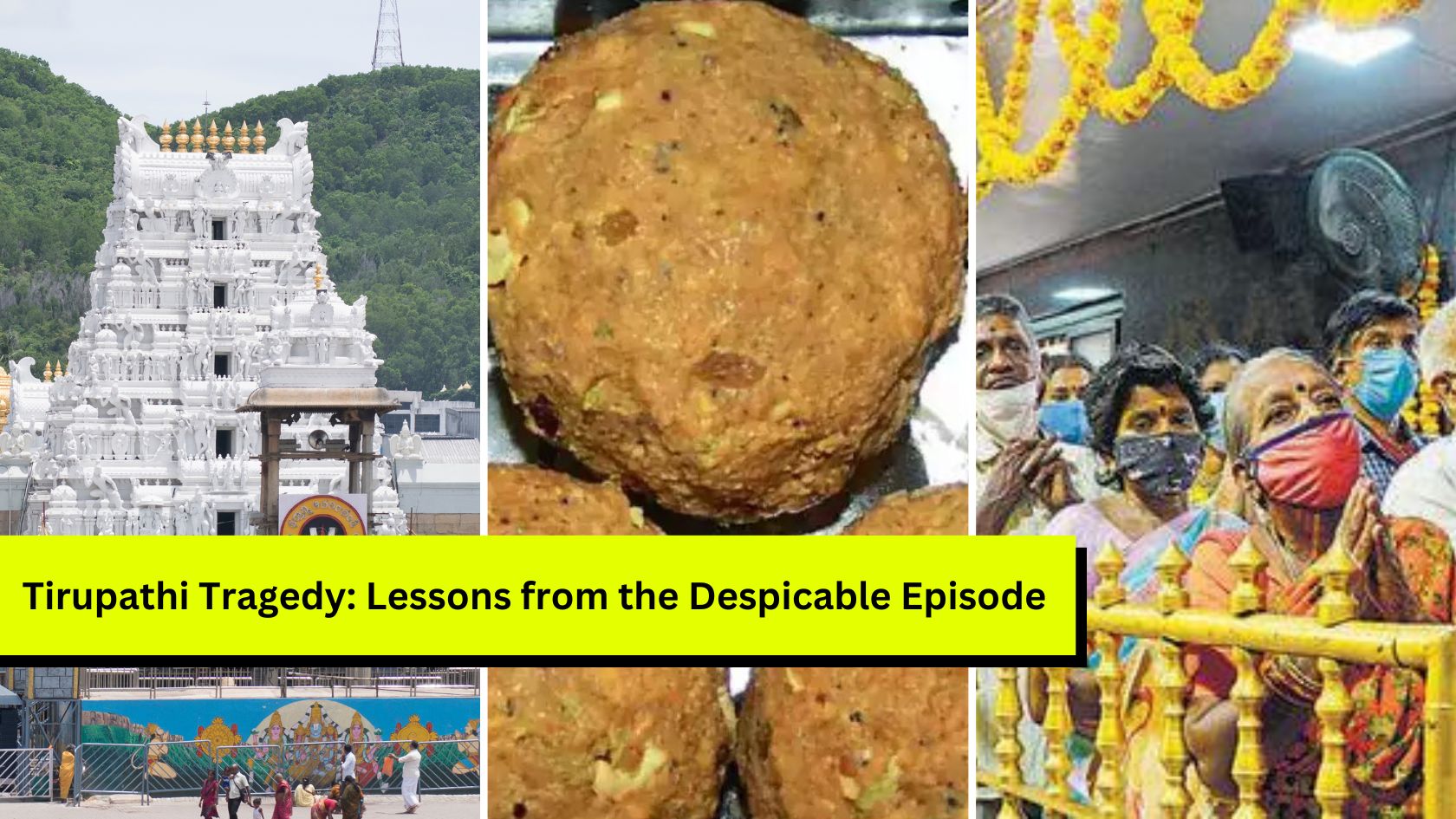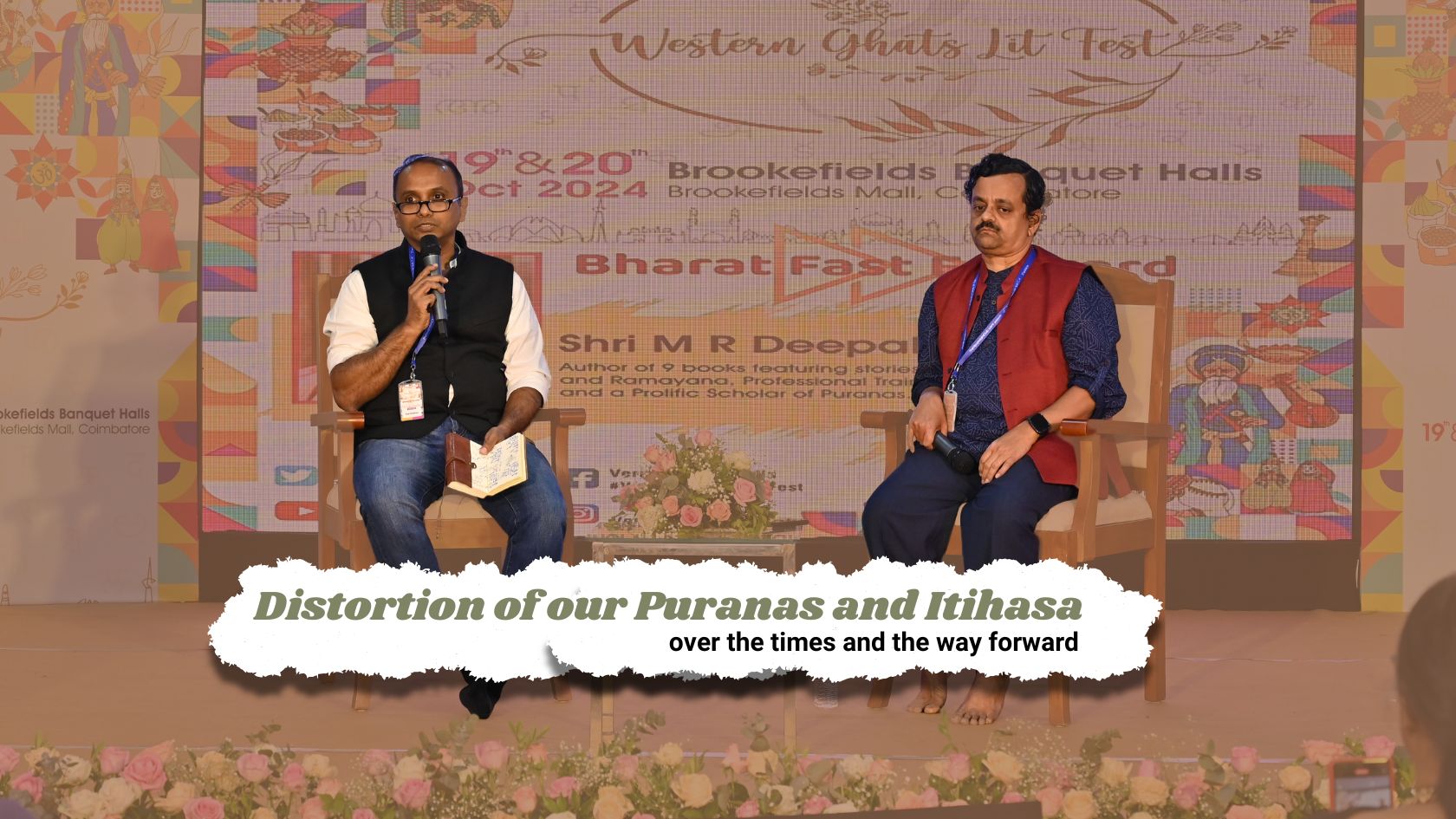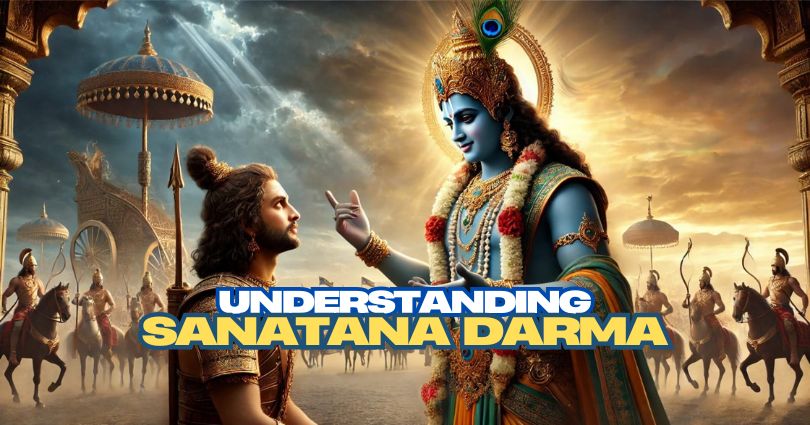
Indians prostrate to their parents, elders, teachers, and noble souls by touching their feet. The elder in turn blesses us by placing his or her hand on or over our heads. Prostration is done daily, when we meet elders and particularly on important occasions like the beginning of a new task, birthdays, festivals etc. In certain traditional circle, prostration is accompanied by abbivaadana which serves to introduce oneself, announce one’s family and social stature.
Why do we offer prostrations?
Man stands on his feet. Touching the feet in prostration is a sign of respect for the age, maturity, nobility, and divinity that our elders personify. It symbolizes our recognition of their selfless love for us and the sacrifices that they have done for our welfare. It is a way of humbly acknowledging the greatness of another. This tradition reflects the strong family ties, which has been one of Indian’s enduring strengths.
The good wishes (sankalpa) and blessing (aashirvaada) of elders are highly valued in India, we prostrate to seek them. Good thoughts create positive vibrations. Good wishes springing from a heart full of love, divinity and nobility have a tremendous strength. When we prostrate with humility and respect, we invoke the good wishes and blessings of elders, which flow in the form of positive energy to envelop us. This is why the posture assumed whether it is in the standing or prone position, enables the entire body to receive the energy thus received.

The different forms of showing respect are:
• Pratuthana – rising to welcome a person.
• Namaskaara – paying homage in the form of namaste (discussed separately in this book).
• Upasangrahan – touching the feet of elders or teachers.
• Shaastaanga – prostrating fully with the feet, knees, stomach, chest, forehead, and arms touching the ground in front of the elder.
• Pratyabivaadana – returning a greeting.
Rules are prescribed in our scriptures as to who should prostrate to whom. Wealth, family name, age, moral strength, and spiritual knowledge in ascending order of importance qualified men to receive respect. This is why a king though the ruler of the land, would prostrate before a spiritual master. Epics like the Ramayana and Mahabharata have many stories highlighting this aspect. This tradition thus creates an environment of mutual love and respect among people ensuring harmony in the family and society.
(Content extracted from In Indian Culture: Why Do We? By Swamini Vimalananda and Radhika Krishnakumar.)
NEXT ARTICLE

The Venkateshwara Swami Temple in Tirupati is among the holiest places in the world for Hindus. Millions of people throng the temple every year to get...

It is a sad reality that our Itihasa and Puranas have been subject to severe distortion over the years. This is not surprising considering how even th...

The holy land of Bharat follows Sanatana Dharma. The word Sanatana Dharma is a Sanskrit word meaning, “Eternal law”. It is the indestructible ultimate...